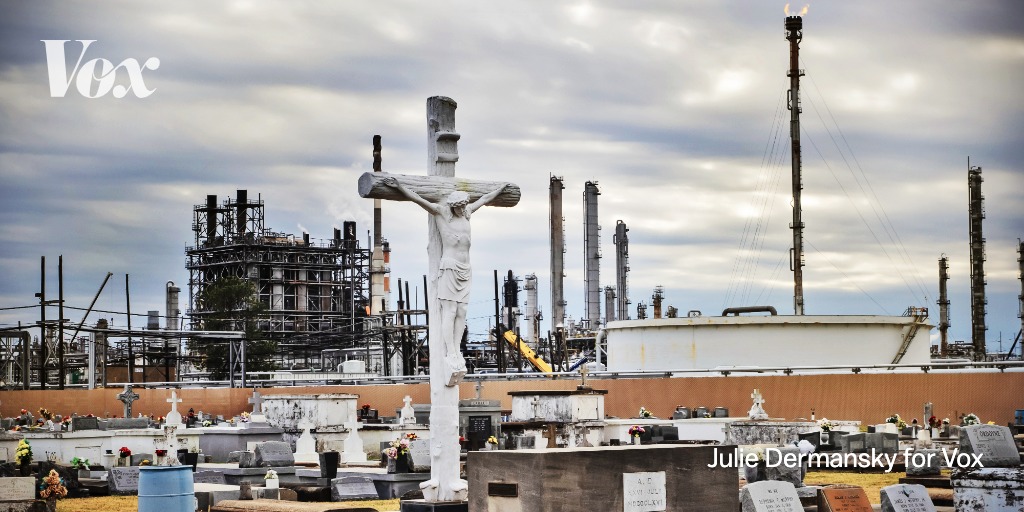
1/ This April, our podcasts teamed up to cover some of the most important issues threatening life on Earth.
Here are some of the highlights from the 28 episodes published in the series 🎧 vox.com/earthmonth
Here are some of the highlights from the 28 episodes published in the series 🎧 vox.com/earthmonth

2/ Norway has lapped the world in adopting electric vehicles.
On @today_explained, Vox’s @umairfan explains how the US might catch up.
pod.link/todayexplained…
On @today_explained, Vox’s @umairfan explains how the US might catch up.
pod.link/todayexplained…
3/ An untold number of organisms rise daily from the middle of the ocean to its surface.
They may be playing a crucial role in slowing climate change, so scientists are racing to study this migration before it’s too late.
Learn more on Unexplainable: pod.link/unexplainable/…
They may be playing a crucial role in slowing climate change, so scientists are racing to study this migration before it’s too late.
Learn more on Unexplainable: pod.link/unexplainable/…
4/ “Conservation history is full of people who did the right things for the wrong reasons.”
Journalist @nijhuism joins @BenjiSJones on Vox Conversations to discuss the conservation movement's many characters, plus the standout successes and ugly truths.
pod.link/voxconversatio…
Journalist @nijhuism joins @BenjiSJones on Vox Conversations to discuss the conservation movement's many characters, plus the standout successes and ugly truths.
pod.link/voxconversatio…
5/ Why do cities in other countries spend so much less per mile on transit than American cities do?
On The Weeds, @mattyglesias and professor @ericgoldwyn talk about all things transit — including project failures.
pod.link/theweeds/episo…
On The Weeds, @mattyglesias and professor @ericgoldwyn talk about all things transit — including project failures.
pod.link/theweeds/episo…
6/ America’s legal marijuana production industry consumes enough electricity to power nearly 100,000 homes every year.
On Tell Me More, part of Vox Quick Hits, @EmilyStewartM and @dharnanoor cover the environmental cost of growing marijuana.
pod.link/1549029999/epi…
On Tell Me More, part of Vox Quick Hits, @EmilyStewartM and @dharnanoor cover the environmental cost of growing marijuana.
pod.link/1549029999/epi…
7/7 To listen to more episodes in the series, head to vox.com/earthmonth.
• • •
Missing some Tweet in this thread? You can try to
force a refresh







